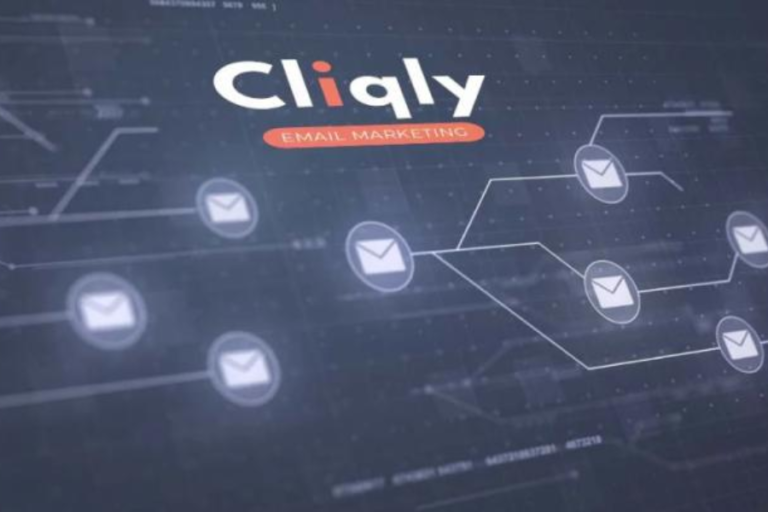EngineOwning and COD Hardware Bans: The Battle to Maintain
In the competitive world of online gaming, maintaining fair play is crucial to ensure an enjoyable experience for all players. In the Call of Duty (CoD) series, cheating has been a persistent issue, with some players using unauthorized software to gain unfair advantages. One such provider of cheating software is EngineOwning, COD hardware ban, known for offering cheats and hardware ID (HWID) spoofers for various games, including CoD titles. In response, Activision, the publisher of CoD, has implemented hardware bans to combat these cheats and maintain the integrity of the game.
Understanding Hardware Bans in Call of Duty
A hardware ban, or HWID ban, is a stringent measure employed by game developers to prevent cheaters from accessing their games. Unlike traditional account bans, which restrict a specific user account, hardware bans target the unique identifiers of a player’s hardware components, such as the motherboard, CPU, and hard drives. This means that even if a banned player creates a new account, they cannot access the game from the same device.
Activision’s Security and Enforcement Policy clearly outlines the consequences of using unauthorized software, including the possibility of permanent suspension and hardware bans. The policy states that any attempt to hide, disguise, or obfuscate one’s identity or hardware devices may result in a permanent suspension. Additionally, circumventing security systems or using unauthorized software for cheating, modding, or hacking can lead to severe penalties, includ
EngineOwning and Its Role in CoD Cheating
EngineOwning is a provider of cheating software and HWID spoofers designed to help users evade detection and hardware bans in games like Call of Duty. Their HWID spoofer allows users to mask their hardware identifiers, making it appear as though they are playing from a different device. This tool is particularly appealing to players who have been hardware banned, as it offers a potential method to bypass such restrictions.
The spoofer is marketed as easy to use, with features that enable users to spoof their hardware IDs until they choose to revert to their original settings. EngineOwning claims that their spoofer supports various game titles and has no impact on performance, making it an attractive option for those seeking to circumvent hardware bans.
Activision’s Legal Actions Against EngineOwning
In response to the proliferation of cheating facilitated by providers like EngineOwning, Activision has taken legal action to protect its games and player community. In January 2021, Activision filed a lawsuit against EngineOwning, alleging that the company and its associates were distributing malicious software designed to enable players to cheat in Call of Duty games. The lawsuit claimed that such activities caused significant damage to Activision’s business and the gaming experience of the CoD player community.
The legal action sought to hold EngineOwning accountable for violations of the Digital Millennium Copyright Act (DMCA) and other claims, aiming to cease the distribution of cheating software and recover damages. This move underscored Activision’s commitment to maintaining fair play and deterring the use of unauthorized software in its games.
The Ongoing Battle Between Cheat Providers and Game Developers
The dynamic between cheat providers like EngineOwning and game developers such as Activision is akin to a cat-and-mouse game. As developers implement more sophisticated anti-cheat measures, cheat providers develop new methods to bypass them. This ongoing battle presents challenges for both parties and raises questions about the effectiveness of current anti-cheat strategies.
For instance, discussions among players on forums like elitepvpers highlight the complexities of dealing with HWID bans and the use of spoofers. Some users report success with certain spoofers, while others express concerns about the potential risks and effectiveness of these tools. The varying experiences suggest that while spoofers may offer temporary solutions, they are not foolproof and carry inherent risks.
The Ethical and Legal Implications of Using Cheats and Spoofers
Engaging in cheating and using tools like HWID spoofers not only violates the terms of service of games like Call of Duty but also carries ethical and legal implications. Cheating undermines the integrity of the gaming experience, leading to frustration among legitimate players and potentially harming the game’s community and longevity.
Legally, the use of unauthorized software to circumvent security measures can lead to severe consequences, including permanent bans and potential legal action. Activision’s lawsuit against EngineOwning exemplifies the seriousness with which game developers view such activities and their willingness to pursue legal remedies to protect their intellectual property and player base.
Conclusion
The issue of cheating in online games like Call of Duty remains a significant challenge for developers and the gaming community. Providers like EngineOwning offer tools that enable cheating and attempts to bypass hardware bans, undermining efforts to maintain fair play. Activision’s implementation of hardware bans and legal actions against cheat providers demonstrate a commitment to combating these challenges.
For players, it’s essential to recognize the risks and consequences associated with using unauthorized software. Engaging in such activities not only jeopardizes one’s access to the game but also contributes to a broader problem that affects the entire gaming community. Upholding the principles of fair play ensures a more enjoyable and equitable experience for all players.






